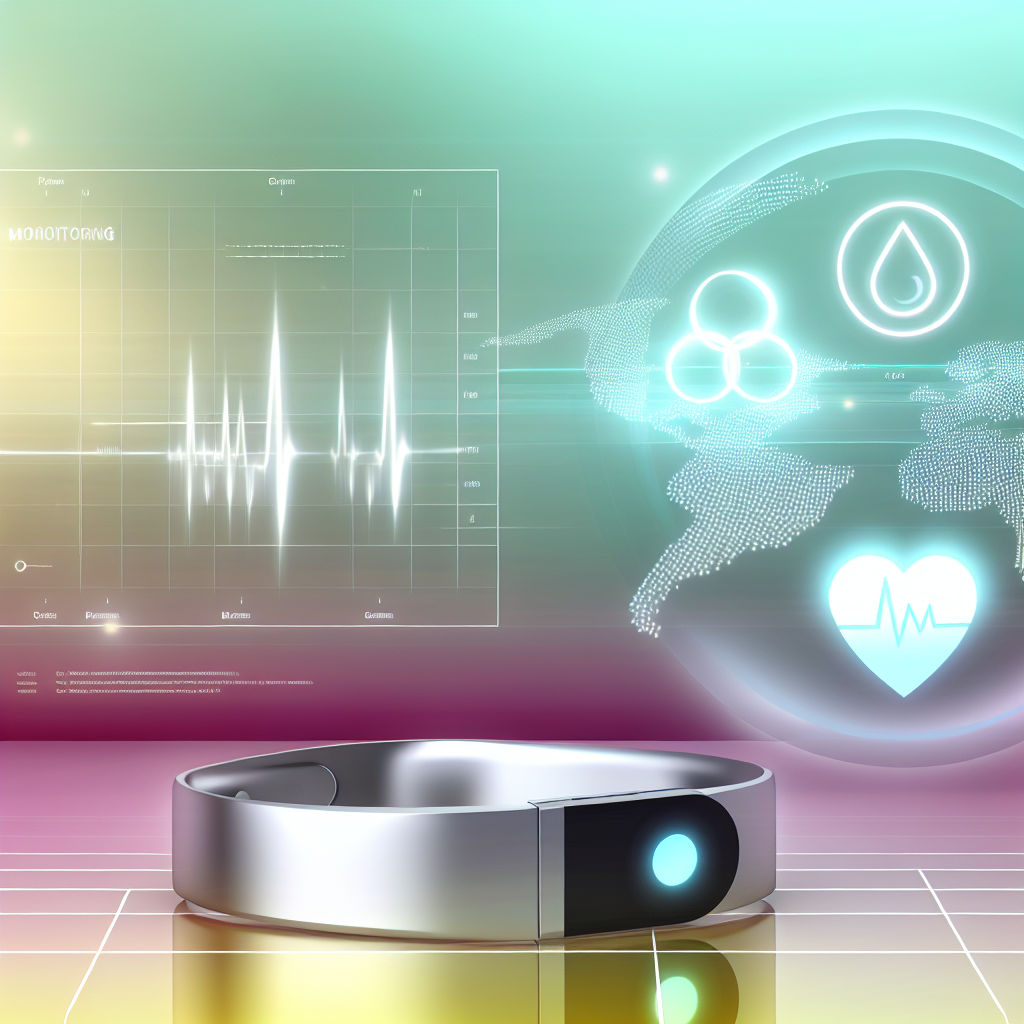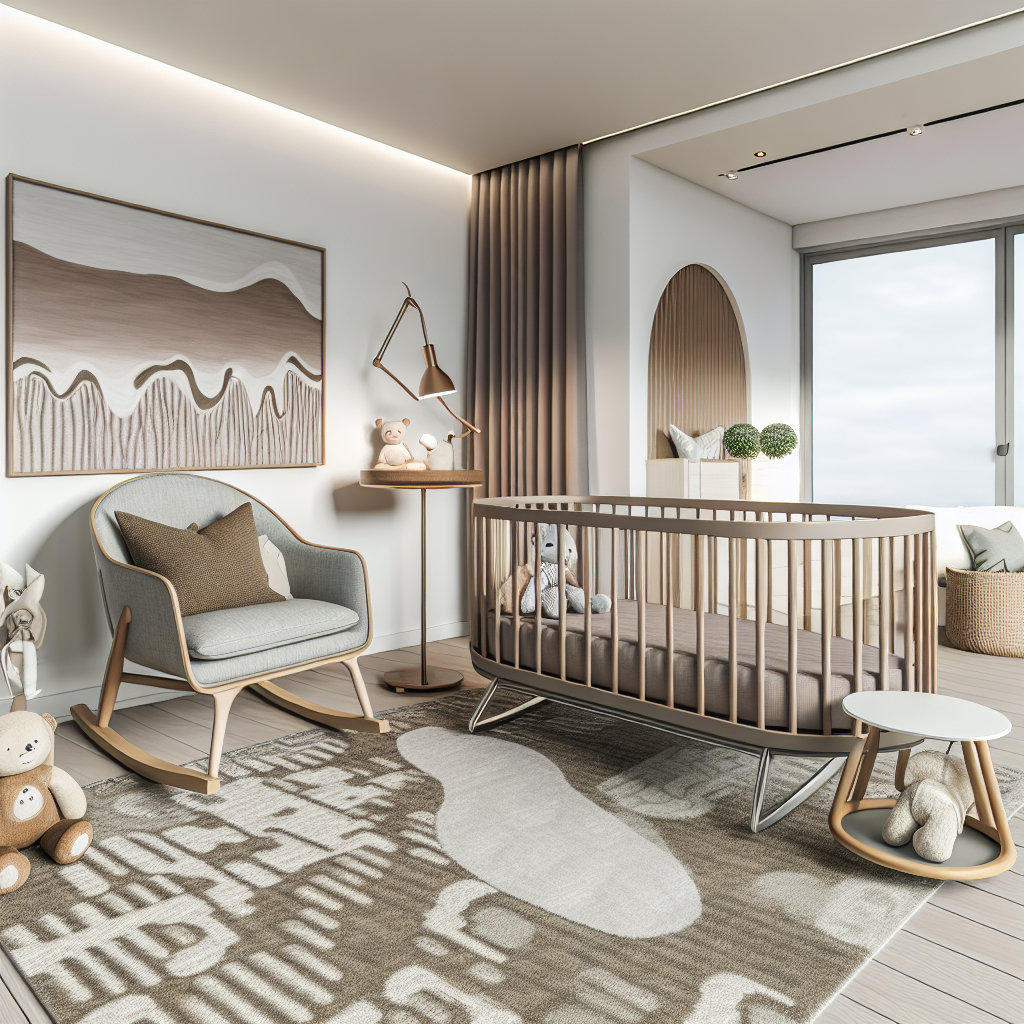Premium Health Monitoring Technology: Empowering Elite Families to Elevate Wellness from an Early Age
Introduction
In today’s hyper-connected, data-driven world, the intersection of luxury and health technology is revolutionizing how discerning parents monitor, control, and enhance their children’s well-being. From biometric smart wearables to AI-driven health ecosystems, premium health monitoring technology now extends far beyond conventional fitness tracking. For affluent families who seek not only optimal wellness but also cutting-edge innovation, these technologies offer real-time insights, predictive analytics, and personalized interventions—right from the nursery.
Raising children in a high-performance culture doesn’t just mean providing the best education or extracurriculars; it’s about investing in their physical, mental, and emotional health at a granular level. Premium health monitoring tools—backed by medical-grade accuracy, data encryption for privacy, and intuitive user interfaces—are equipping parents with comprehensive systems that interpret vital signals with clinical precision. What was once the realm of niche medical needs has evolved into a proactive wellness strategy for elite families who view longevity, vitality, and cognitive development as essential components of a luxurious upbringing.
Imagine a crib mat that continuously tracks your infant’s breathing and heart rate while intelligently syncing with your smartphone, sending alerts in real time if abnormalities occur. Or consider wearables for children that offer more than just step counting—they evaluate oxygen saturation, body temperature, hydration levels, emotional states, and even detect environmental pollutants, all through elegant, child-friendly interfaces.
These innovations are not only transforming how we ensure children’s safety, but also how we understand and nurture their bodies and minds from the earliest stages of life. For families who prioritize early wellness, this means fewer gaps in care, fewer surprises, and more actionable knowledge minute by minute.
In a post-pandemic era where health literacy and autonomy are more crucial than ever, families of means are seeking tools that do more than react; they prevent, inform, and adapt. Premium health monitoring technology is constructing a new paradigm for precision parenting. It provides a forward-looking road map for long-term well-being, turning childhood into a seamless blend of luxury, science, and possibility.
Features and Related Professional/Medical Studies
Luxury health monitoring technology in the pediatric sector derives its value not only from aesthetics and convenience but also from rigorous clinical validation and a commitment to preventive healthcare. Numerous recent studies highlight the emerging role and reliability of these next-generation tools.
One of the most significant innovations is the rise of smart wearables for children. According to a 2022 report in the journal Sensors, pediatric wearable systems are proving to be highly effective in tracking vital health indicators such as heart rate, respiratory function, and body temperature—without discomfort or intrusion. These advanced wearables have reached levels comparable to clinical instruments in terms of reliability, and they are increasingly being integrated into at-home care models.
A well-known example is the Owlet Smart Sock, which received FDA approval for over-the-counter use. It monitors both heart rate and blood oxygen levels, alerting caregivers on their mobile devices if readings fall outside pre-set ranges. This reflects more than just a gadget—it signifies a mainstream shift toward regulated, consumer-accessible medical tools for child monitoring.
Another leading-edge solution is the BioButton by BioIntelliSense, a small, single-use wearable that continuously tracks a child’s temperature, heart rate, and respiratory rate with clinical accuracy. Already used in pediatric and home health environments, this button-sized device exemplifies how compact tech is reshaping large-scale health data collection. A 2023 study in JMIR Pediatrics and Parenting revealed that early detection mechanisms, when supported by AI, can reduce pediatric emergency visits by up to 20%.
One of the most promising trends is the development of AI-powered health ecosystems and digital health passports designed specifically for children. These platforms compile data from multiple health devices—including wearables, nutrition trackers, sleep monitors, and microbial analyses—to flag potential health risks before symptoms manifest. A landmark article published by Nature Medicine found that such AI models, when fed continuous biometric inputs, can predict cardiac and neurological anomalies with an accuracy exceeding 90%.
Concierge pediatric clinics are also integrating luxury-grade diagnostic services, including monthly biomarker scans, saliva-based cortisol testing to gauge stress, and voice analysis tools to evaluate a child’s mental state. These advanced techniques are not just preventive—they are proactive, blending the ethos of high-end family life with the precision of clinical medicine.
Such advances suggest a future where real-time pediatric health management happens day-to-day in luxurious, tech-enhanced homes just as deftly as it does in the world’s best hospitals.
Conclusion
For forward-thinking parents who value their children’s health with the same dedication given to education or lifestyle, premium health monitoring technology opens a sophisticated, actionable path forward. From newborns to teens, these breakthroughs offer tools that go beyond surveillance—they empower families to make meaningful, measurable contributions to a child’s lifelong health and development.
This is the new benchmark for luxury parenting: where technology, science, and emotional intelligence merge to form a smarter, more responsive lifestyle. It’s not only about keeping children safe—it’s about giving them every possible advantage from their earliest moments.
In this evolving landscape, wellness becomes a legacy. And for families poised to lead the way, the future of children’s health is already being worn on their wrists, nested in their rooms, and stored securely in apps powered by predictive intelligence.
References
– Wearable Monitoring Systems for Children – Sensors Journal
– FDA Approval for Owlet Smart Sock
– BioButton and Clinical Study – JMIR Pediatrics and Parenting
– AI Health Predictions – Nature Medicine

Dominic E. is a passionate filmmaker navigating the exciting intersection of art and science. By day, he delves into the complexities of the human body as a full-time medical writer, meticulously translating intricate medical concepts into accessible and engaging narratives. By night, he explores the boundless realm of cinematic storytelling, crafting narratives that evoke emotion and challenge perspectives. Film Student and Full-time Medical Writer for ContentVendor.com




